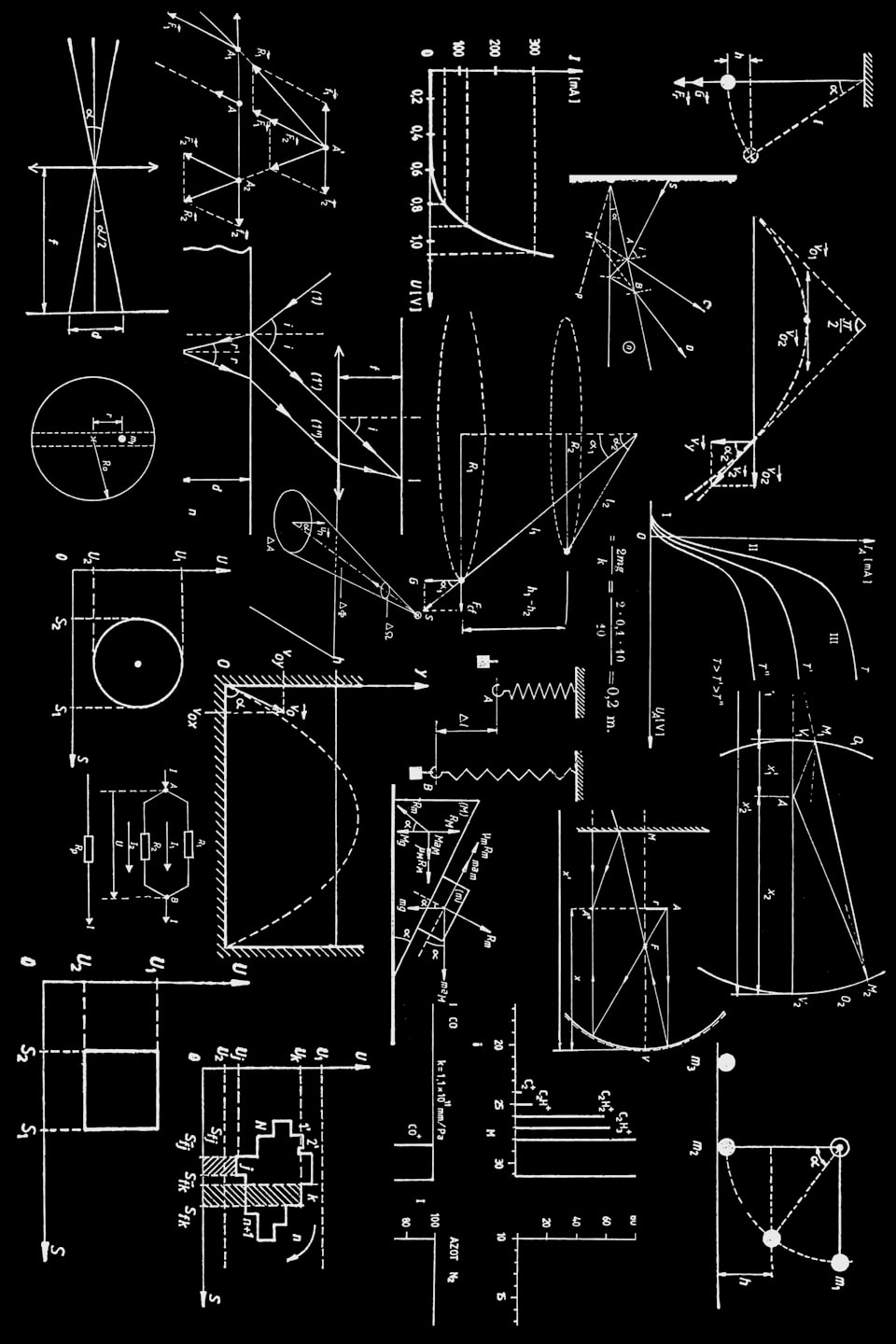Abstractions

When it comes economic philosophy, we need to understand how people think--and the most fundamental piece about our thought process is a concept that's well known to software programmers and almost no one else: abstractions.
Abstractions are mental models of objects, ideas, and concepts that distill "it" down to the most significant, defining features for context at hand. If the real thing is a huge high resolution image, then an abstraction is like a pencil sketch of that image. It's much lower fidelity, but through that simplicity, you greatly reduce the cognitive load required to do whatever it is you're trying to do.
Much of behavioral economics is based on studying the impacts of the abstractions that people use to make decisions. We're not rational "homo economicus", and the ways we make decisions have a lot of interesting edge cases. For example, people presented with three ketchup choices will easily choose one and make a purchase. People presented with 30 ketchup choices will give up in frustration and leave the store without ketchup--even if it's the only thing on their list!
Behavioral economics ascribes these kinds of unpredictable "irrationalities" as just how human being works. But I see the "way humans" work as--we have abstractions that enable us to deal with certain situations. We're incredibly effective in sheparding our time and attention--while accomplishing our goals--as long as those abstractions work for us. When the abstractions break down, though, we falter.
So it's not that humans can't choose between 30 options--we do it all the time. However, humans going into a grocery store to buy ketchup are armed with abstractions suited for choosing among three options--not 30--and so they falter. However, in other decisions, we handle 30 options just fine because we bring a different toolset of abstractions to bear.
How Abstractions Work
Let's dig into a couple examples to get a better picture of how abstractions work.
Pedal-Makes-Car-Go Abstraction

Imagine you're driving a car. What needs to happen for you to accelerate from a standstill?
- You push down the accelerator pedal
- The pedal sends a mechanical or electrical signal to a fuel injection system
- The fuel injection system then increases the amount of gasoline injected into the chambers of the cylinders of an internal combustion engine
- The spark plugs then fire in half the pistons, causing explosions
- Those explosions push the pistons out, creating a linear motion
- That linear motion is translated via cams into radial motion
- That radial motion is then translated into the "right" kind of radial motion by the transmission system and used to force two of the tires to rotate
- The car starts rolling forward
(And all of this ignores the steps required to turn your intent to go faster into a movement of your ankle and foot!)
All of that detail is irrelevant to the task of actually moving two tons of metal and plastic safely through the world, so we just ignore it. That frees up our minds to focus on more important things. Other cars, pedestrians, the path needed to reach our destination, the passengers in the car, and even the music on the radio are all more important to the act of driving than the actual inner workings of the car.
Purse Abstraction

Make a list of all the things you need with you whenever you’re out of the house—odds are there might be 5 or 10 (or even 20) “things” on the list. You could try to keep track of all 10 things--making sure you have them with you--but it’s a lot more efficient to put them all in the purse and just make sure you have the purse. The purse is an abstraction—as long as you have it, you implicitly have all 10 things inside it (and don't have to worry about it).
This is how abstractions help us manage our lives. They reduce the number of things we have track in our heads, letting us focus on only what matters.
Good abstractions are one of the most powerful and life changing “things” in existence. We take for granted, today, the sheer number of optimized transactions we've inherited from the past. We also assume that most new abstractions will be shared as soon as they’re developed. But in many points in history, good abstractions were highly valuable secrets that were only shared with a select few insiders.
At various times in the past, highly protected abstractions included the techniques needed to build a stone archway, the math needed to predict eclipses, the process of making Greek Fire (an early incendiary), and the Black-Scholes formula for pricing stock options. Most “technology” could be considered a set of abstractions that can be used together to enable certain capabilities.
I'll talk about what makes a good abstraction in the future. For now, it's enough to say that we're swimming in them--and access to and use of these abstractions is actually the primary differentiator between us an our ancestors. We're not smarter than them. We still only have 86 billion neurons in our brains, 20/20 vision, two hands, and 24 hours in a day. We no smarter or capable than them, but the abstractions we've inherited give us capabilities that make us look like gods.
When Abstractions Break Down

Of course, this all changes when the context changes. Things also become different when we find ourselves driving on an icy road, when the transfer of power from the engine to the tires can have very unexpected effects. Also, if instead of driving the car, we’re trying to fix the car’s engine, then the “pedal makes car go” abstraction is totally inappropriate to the task at hand. We need to unpack all those details that had been neatly tucked away while driving.
In our purse example, when conclude that because we have the purse with us, we also have the 10 items we usually keep in the purse--but that's an assumption that can easily break down too. Did I actually put my keys in my purse this morning?
In different contexts, different details matter. We may be overcome with a feeling of disorientation, fear, or indecision as we try to figure out which details now matter. In these moments, we get a sense of just how much we’ve been ignoring, when comfortably cruising down the highway on a sunny day.
When abstractions break down, we’re forced to review all the facts we had pushed out our of our minds, quickly evaluate each one, and build a new abstraction to work with. If this happens when the stakes are high and time is short, it's one of the most anxiety inducing experiences a person can have.
It’s not fun—and a lot of what we call “training” is putting people in these otherwise foreign circumstances to allow for these abstractions to be built (and breakdown) while in a controlled environment.